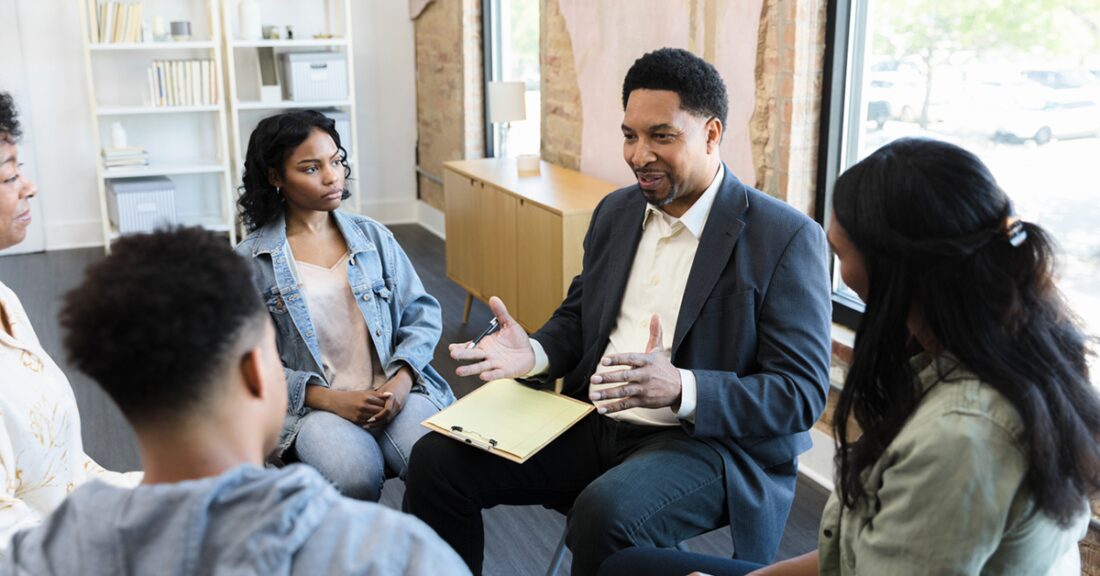Florida Requires Child Welfare System to Teach Youth in Foster Care Their Rights

The Nancy C. Detert Champion for Children Act, a new Florida law, requires case managers and other child welfare professionals to teach young people in foster care about the laws that protect their rights and available resources.
Every six months, young people in foster care will be informed of their rights related to their care, safety and health. They also will learn what Florida laws say about the ways foster care can affect their day-to-day lives.
The passage of the law is important for Florida Youth SHINE (FYS), a statewide advocacy organization that led five years of advocacy to advance improved foster care rights education. Young leaders shared their foster care experiences with child welfare officials and lawmakers to secure support for the legislation. The law, which took effect on July 1, 2023, is named for Nancy C. Detert, a former state senator and longtime children’s rights advocate, who died in April 2023.
Legal Knowledge Empowers Youth in Foster Care
Advocates hope that when more young people know their rights, they will ask for and benefit from services they are eligible to receive.
“We heard from hundreds of youths for years that they never knew they had a right to attend school, or participate in extracurricular activities or have their health care needs met,” says Geori Berman Seldine, executive director of Florida’s Children First, the parent organization of Florida Youth SHINE and a Casey Foundation grantee.
Recent data confirm the need to shine a light on rights. Many Florida teens and young adults in foster care do not receive the resources and services created to support their well-being and set them up for success in their transition to adulthood, according to the Casey Foundation’s “Fostering Youth Transitions 2023” brief. In Florida, 35% of youths ages 14 to 21 in foster care between 2013 and 2021 received any federally funded Chafee transition services for which they were eligible, the brief estimates.
The new law also removes previously established limitations on the questions children, teens and young adults may ask case managers about their rights and the services available to them.
An Expanded Role for Florida’s Foster Care Ombudsman
In addition to creating a clear process for educating youth, the law enshrined the Office of the Children’s Ombudsman. Created by the Florida Department of Children and Families (DCF) in 2016, the office has several responsibilities:
- develop the new legal rights curriculum;
- receive complaints from children and young adults about placement, care and services and assist in mediating their concerns;
- identify and explain relevant policies or procedures to children, youth and their caregivers; and
- provide recommendations to DCF to address any systemic problems identified through its work.
Young people in foster care will also play a role in the operations of the ombudsman. The Office will consult young people as it develops a plan and prepares informational materials. This collaboration will ensure the information presented is age-appropriate, understandable and relevant to the young people’s foster care experiences.
“Nationally, child welfare systems can do a better job of ensuring young people are aware of resources and gain access to them,” says Todd Lloyd, senior policy associate with the Casey Foundation. “Moving forward, we hope more states work closely with children, teens and young adults who have experienced foster care to improve services intended to help them thrive.”





